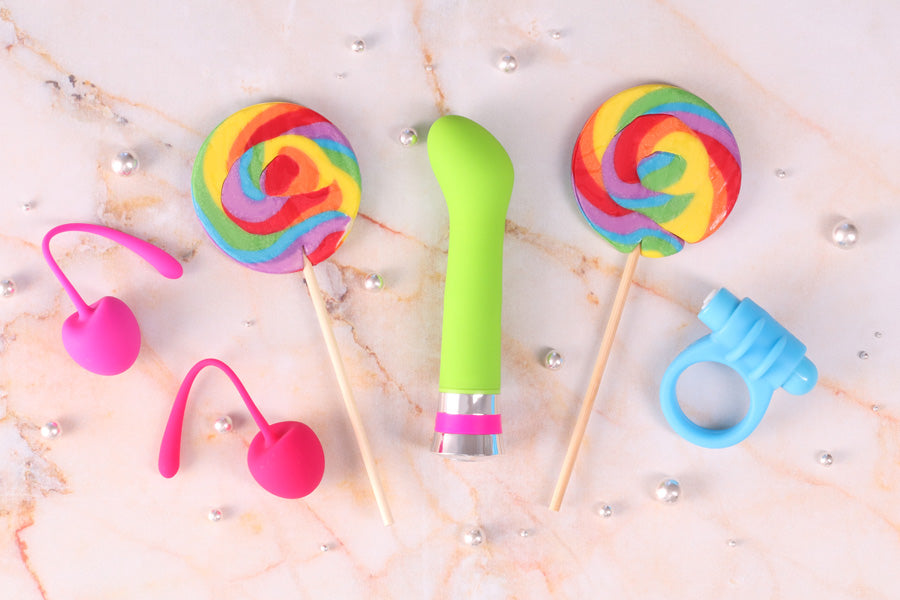Trusted for 25+ Years
The Myth About Polyurethane Condoms & Lubricants

Dr. Lisa Lawless, CEO of Holistic Wisdom
Clinical Psychotherapist: Relationship & Sexual Health Expert

The Concerning Polyurethane Condom Myth
There is a myth circulating among healthcare professionals and sexual health experts regarding polyurethane condoms and lubricant compatibility. The incorrect claims are that polyurethane condoms are compatible with ALL lubricants that are water-based, oil, silicone, and hybrid (silicone/water-based). The truth is that they are NOT compatible with all of these lubricants, and it varies from brand to brand in all the lubricant types mentioned.
This means consumers must check the brand of their lubricant to ensure compatibility, and they can not depend on compatibility simply by the type of lubricant used (water-based, hybrid, silicone, and oil). Furthermore, variations will not be brand-dependent. For example, if you have a brand whose water-based lubricant is compatible, it does not mean that their hybrid, silicone, or oil lubricants are as well. Each lubricant used must be checked as it is quite common for a brand to have one type of lubricant compatible while other types they manufacturer are not.
We have confirmed this with multiple condom manufacturers: Global Protection Corp. (Trustex), Church & Dwight Co., Inc. (Trojan), etc., and reputable, healthy lubricant manufacturers (Good Clean Love, Aloe Cadabra, Sliquid, etc.). This misinformation that is all over the internet and spread by many healthcare professionals and sexual health experts could be quite harmful to consumers who use lubricants, thinking they are safe to use with polyurethane condoms when they are not.
Polyurethane Condom Lubricant Compatibility
The tricky part of discerning whether a polyurethane condom is safe to use with a lubricant is that it is not one ingredient that can make it incompatible. In many cases, it is the chemical combination of two or more ingredients. This is part of why the FDA must clear condoms and lubricants for compatibility testing as each lubricant will be different depending on the various ingredients regardless of the type of lubricant (water-based, hybrid, silicone, or oil). Testing ensures that the lubricant tested will not weaken the condom's chemical structure or create increased friction that may cause the condom to break or burst during use.
How Are Polyurethane Condoms Different?
Polyurethane condoms are latex-free, thinner, and made with a more brittle material than latex or polyisoprene condoms. This can be more alluring for those who want enhanced sensation and for those who have latex rubber sensitivities or allergies; however, because they are much thinner and are over 2.5 times likely to slip off or break.
When it comes to testing them for break force, elongation, burst pressure, and volume as required by the FDA, they do not hold up as well when friction is applied. Thus, some thinner lubricants, such as water-based, hybrids do not reduce such friction as well as silicone or oil lubricants and may also contribute to weakening the polyurethane condom during use in addition to chemical incompatibility. This is also true of aloe-based lubricants (considered water-based lubricants), which should also be avoided when using polyurethane condoms.

Not Just Male Condoms
Any sex barrier made of polyurethane would also have the same lubricant compatibility, which would apply to polyurethane contraceptive sponges, internal condoms, dental dams, and polyurethane gloves for manual sex in addition to condoms.
Polyurethane Condom & Lubricant Safety
Now that you know the truth about polyurethane and lubricants, you can understand the importance of checking each lubricant brand for compatibility and always follow their recommendations.





